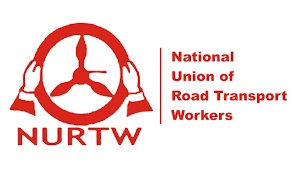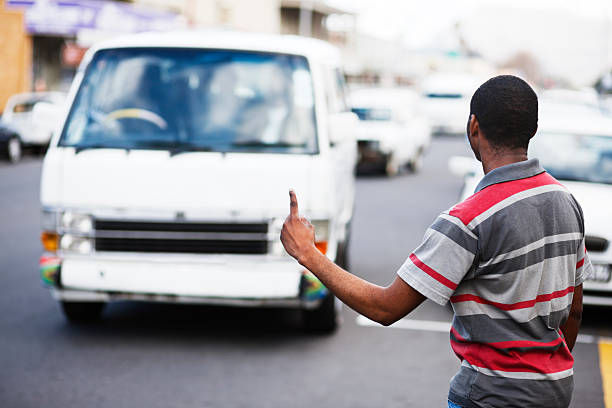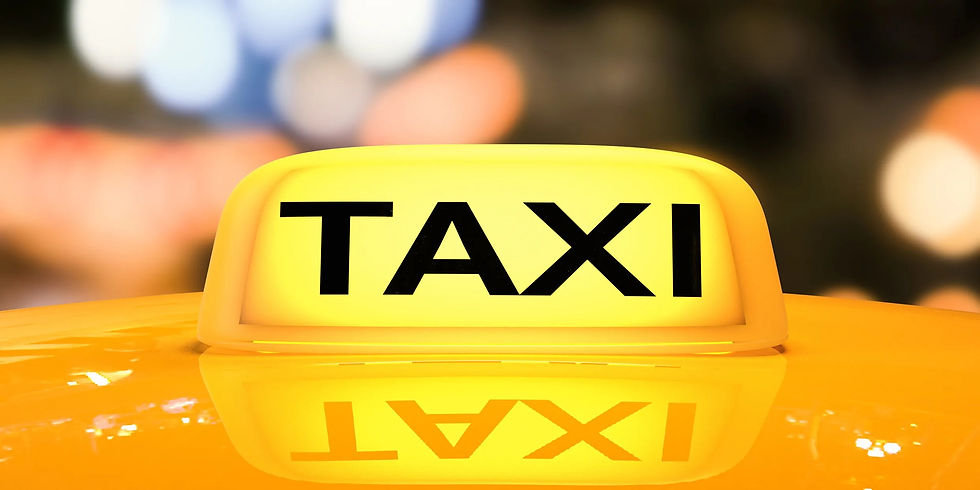The Dark Dynamics of Lagos' NURTW: Political Patronage, Violence, and the Unseen Extortion
- sisandasocials
- Oct 24, 2023
- 2 min read
Updated: Nov 10, 2023

In Lagos, the National Union of Road Transport Workers (NURTW) is the most politicized and violent union to date. They employ motor touts (agberos) to be their foot soldiers on the streets who illegally extort fees from taxi operators in the unions’ name (Agbiboa, 2020). The union is politically aligned and routinely takes part in patronage politics and voter mobilization for their supported parties, in return the candidates who take over give them the leeway to collect taxes from informal taxi operators on the taxi routes they work (Madugu, 2018). The leeway is not a written decree for the agberos, but political representatives simply turn a blind eye to the situation and often distance law enforcement from these extortions. The collection of these funds occurs in a brutal and inhuman manner that involves violence, this has led to a lot of physical altercations between taxi operators and agberos (Fourchard, 2023). For a formal union, there seems to be a lack of accountability and transparency when it comes to what these funds are used for or where exactly they go after being collected (Nwaedozie et al, 2023).
Agberos are usually urban youth between the ages of 20 – 50 who have grown dependent on making an income through the extortion of taxi routes and urban spaces used as pick-up points and drop-offs for the taxis (Agbiboa, 2018). Taxi routes have become this contested space where taxi operators are trying to make a profit and agberos are also trying to profit from taxi operators using any means necessary, this not only leads to altercations but affects the effectiveness of operating in these routes. Commuters also witness these extortions taking place, even though they have made it part of their daily lives by using the taxis regardless. This also impacts the safety and security of ordinary commuters who might find themselves in the middle unintentionally.
References
Agbiboa, D.E., 2018. Informal urban governance and predatory politics in Africa: The role of motor-park touts in Lagos. African Affairs, 117(466), pp.62-82.
Agbiboa, D.E., 2020. How informal transport systems drive African cities. Current History, 119(817), pp.175-181.
Fourchard, L., 2023. Expanding profit and power. The National Union of Road Transport Workers
in Nigeria.. Canadian Journal of Development Studies, 44(1), pp. 97-112.
Madugu, Y.U., 2018. Filling the mobility gaps: The shared taxi industry in Kano, Nigeria. The Journal of Transport History, 39(1), pp.41-54.
Nwaedozie, U., Ugboma, O., Hassan, A. and Mogaji, E., 2023, February. Danfo in Lagos, Nigeria: unregulated, unsafe, and unreliable, yet meeting the growing transport needs. In Nigeria: Unregulated, Unsafe, and Unreliable, Yet Meeting the Growing Transport Needs (Feb 16, 2023).



"...urban youth between the ages of 20 – 50" I think the 'youth' tag stops at 25/26 years old according to most demographic research categorisations, but your point is made.